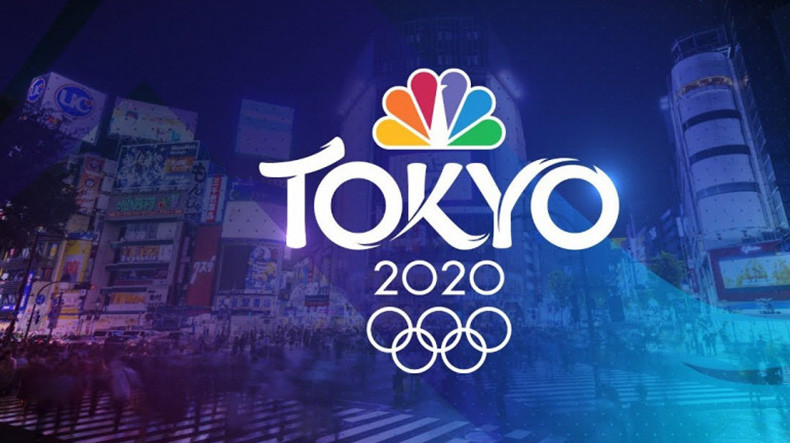
Tokyo to test snow machines for sweltering 2020 summer Olympics
In a bid to keep visitors cool in blistering temperatures expected during next year’s Tokyo Olympic and Paralympic games, organizers may deploy machines to sprinkle spectators with manmade snow, Reuters reports.
Artificial snow is the latest stratagem being considered to counter high humidity and summer temperatures that commonly exceed 30 degrees Celsius (86°F) in July and August, when the games are scheduled in the Japanese capital.
A snow-making machine will be tried out at a test canoeing event on Sept. 13 in Tokyo, a spokesman for the games’ organizing committee said.
“We plan to produce two tonnes of snow in the test,” the spokesman added, but no immediate cost estimates were available.
In 1964, when Tokyo last hosted the event, it opened in October. Since 1976, most summer games in the northern hemisphere have been held in the middle of summer to fit global broadcasting and sports schedules.
Tokyo organizers have tried other measures, such as vapor sprays, shaded or air-conditioned rest areas and distribution of water and ice packs, at a beach volleyball test event in July.
Officials measured the wet bulb globe temperature (WBGT), which factors in temperature, humidity, wind speed and solar radiation, as rising as high as 31.7, exceeding a threshold of 31 at which Tokyo authorities urge citizens against exercise.
To avoid the hottest part of the day, the marathons will start at 6 a.m., with major roads on much of the 26-mile (42 km) route surfaced with a resin-based material organizers say will reflect infrared rays to cut its temperature as much as 8 degrees C.
Last month, heat concerns prompted the International Triathlon Union to shorten the distance of the run segment in a qualifying event in Tokyo for the July 24-Aug. 9 Olympics.
Several days earlier, several athletes competing in the 2019 World Rowing Junior Championships were treated for heatstroke, media said.
Newsfeed
Videos






























